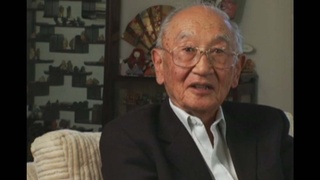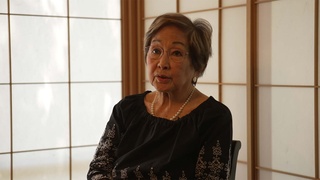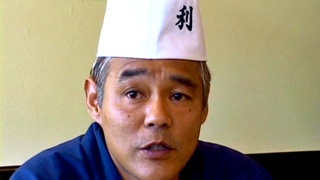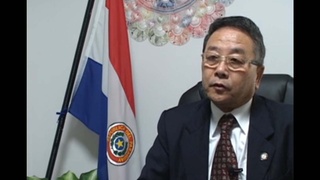Interviews
Discomfort at being labeled by others
I don’t really like other labels put on me. When you self-identify, that’s your choice, and that’s the great thing, if you want to identify as whatever it is you do…I mean.
I remember I got a ticket the other day for having my dog on the beach and I got the “you people”. And I was like—‘cause whenever you get “you people” you’re now the minority, and “you people” can mean anything. When you’re, like, “You people,” you’re like—“Okay, I know where this conversation is.” So the guy’s like “I’ve been telling you people about this for a long time,” and I thought, “Okay, is ‘you people’ dog guys on the beach? Or is ‘you people’ surfers or brown guys or tattoo people or long-hair people?” or whatever it is, and I’m like—I asked, “What do you mean, ‘you people’?” And he just kept writing the ticket, he wouldn’t tell me.
And that’s when I realized there’s some label in his head he’s got going on. Maybe his “you people” is “you scofflaws who ignore the laws of our great country or city or whatever,” and maybe it’s something else going on. And so I choose to try to identify myself my way as much as I can.
Date: May 3, 2006
Location: California, US
Interviewer: Jim Bower
Contributed by: Watase Media Arts Center, Japanese American National Museum.
Explore More Videos




Try to be a bridge between both countries
(1919-2020) Member of the 1800th Engineering Battalion. Promoted Japan-U.S. trade while working for Honda's export division.



Sexual Orientation as a Youth
(b. 1957) Jusice of the Supreme Court of Hawaii.

What I wanted to pass down to my children (Japanese)
(1928 - 2008) Drafted into both the Japanese Imperial Army and the U.S. Army.

Becoming the First LGBTQ Judge to Serve on the Hawaii Supreme Court
(b. 1957) Jusice of the Supreme Court of Hawaii.

Impact of Coming Out Publicly in the US and Japan
(b. 1957) Jusice of the Supreme Court of Hawaii.

Proud to be Japanese Americans
(1938-2020) Japanese American attorney and civil rights activist

Finding out about adoption
(b. 1939) a businesswoman whose family volunterily moved to Salt Lake City in Utah during the war.

Japanese Culture and the crafting Sushi in the States (Japanese)
(n. 1962) Sushi Chef

Carrying on the Legacy in the Colony of Paraguay (Japanese)
(b. 1943) Paraguayan Ambassador to Japan

The Changes in Youth in the Colony (Japanese)
(b. 1943) Paraguayan Ambassador to Japan
